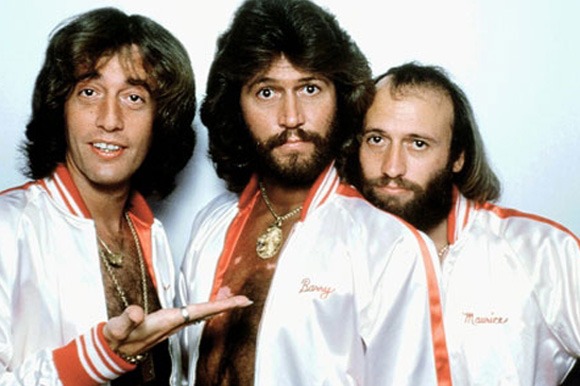Bee Gees – Trafalgar


Setting Sail with the Bee Gees: Unveiling “Trafalgar”
The Bee Gees’ 1971 album, “Trafalgar,” marked a chapter of both transition and continued success for the band. Released just a few months after their previous album, “2 Years On,” it hinted at the brothers Gibb’s evolving sound while showcasing their signature songwriting talents.
“Trafalgar” itself wasn’t the initial title. Recording began just two months after wrapping up “2 Years On,” with four new tracks laid down in December 1970. Though songs like “Merrily Merry Eyes” and “When Do I” wouldn’t make the final cut, they marked the starting point for the album’s journey.
However, “Trafalgar” wasn’t released until September 1971 (with a November release in the UK) for a strategic reason. The Bee Gees strategically released the smash hit “How Can You Mend a Broken Heart” in May 1971, letting its chart-topping success pave the way for the full album.
The album’s title itself holds historical significance. “Trafalgar” refers to the famous 1805 naval battle where the outnumbered British Royal Navy emerged victorious against the combined French and Spanish fleets. While the album cover art reflects this with a reproduction of Pocock’s painting “The Battle of Trafalgar,” the song themes themselves don’t directly connect to the historical event.
“Trafalgar” offered a glimpse into the Bee Gees’ evolving sound. While retaining their signature harmonies, the album experimented with a softer pop style, reminiscent of the Moody Blues’ progressive rock influences. This experimentation would pave the way for their later disco-infused sound that would dominate the airwaves in the late 70s.
Despite not achieving the same commercial heights as some of their other albums, “Trafalgar” remains a significant chapter in the Bee Gees’ story. It showcased their songwriting prowess, hinted at a new musical direction, and offered a bridge between their earlier rock sound and the disco phenomenon that awaited them. So, put on your headphones, set sail with the Bee Gees, and prepare to be swept away by the melodies and harmonies of “Trafalgar.”